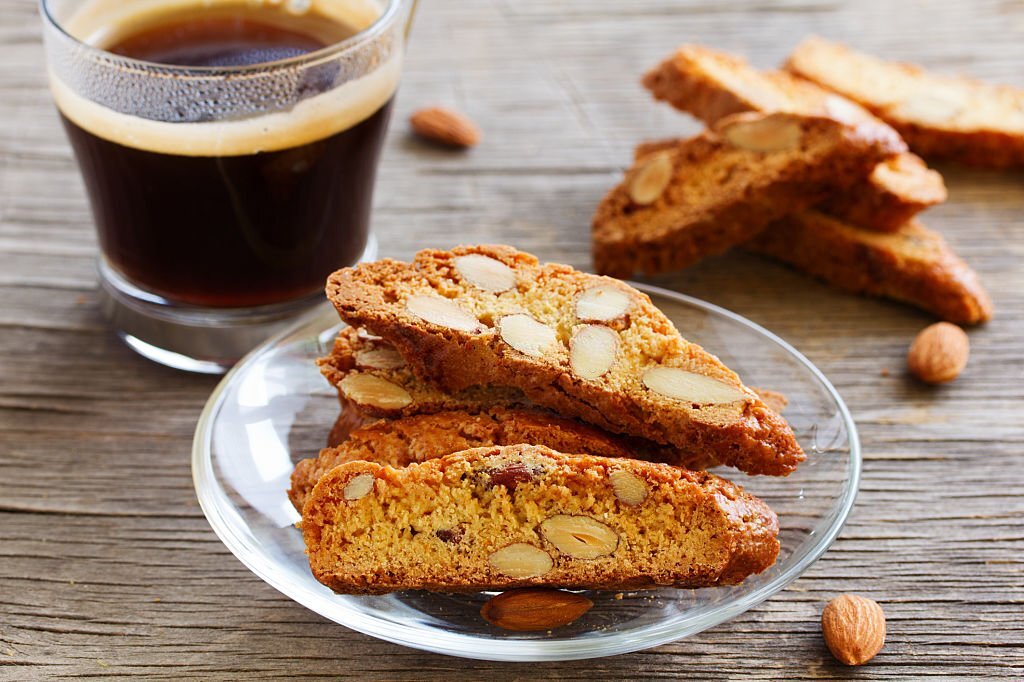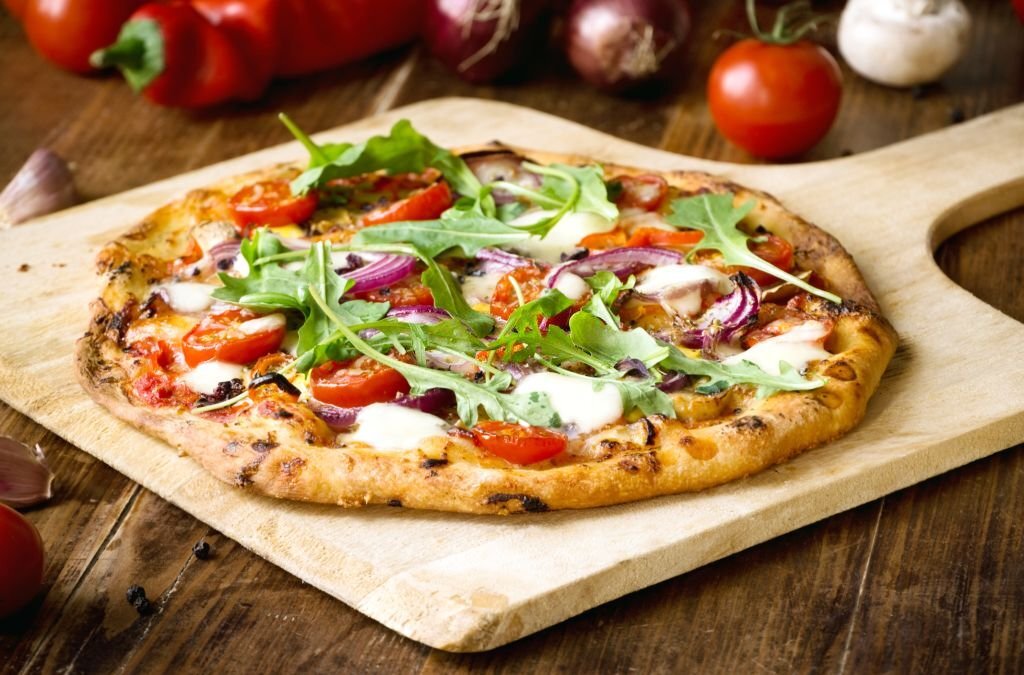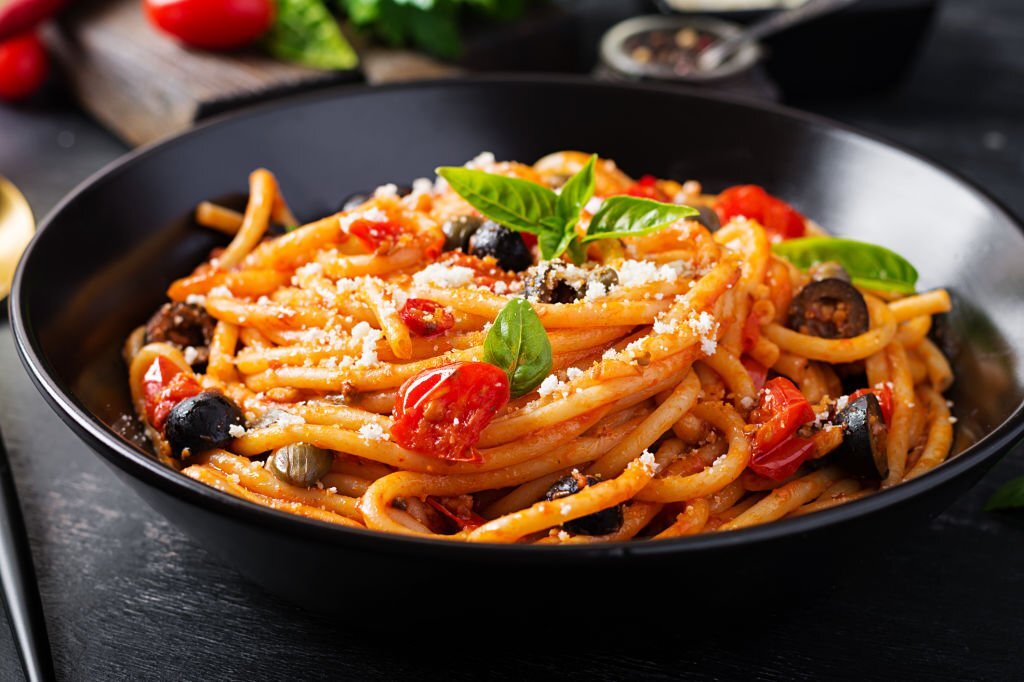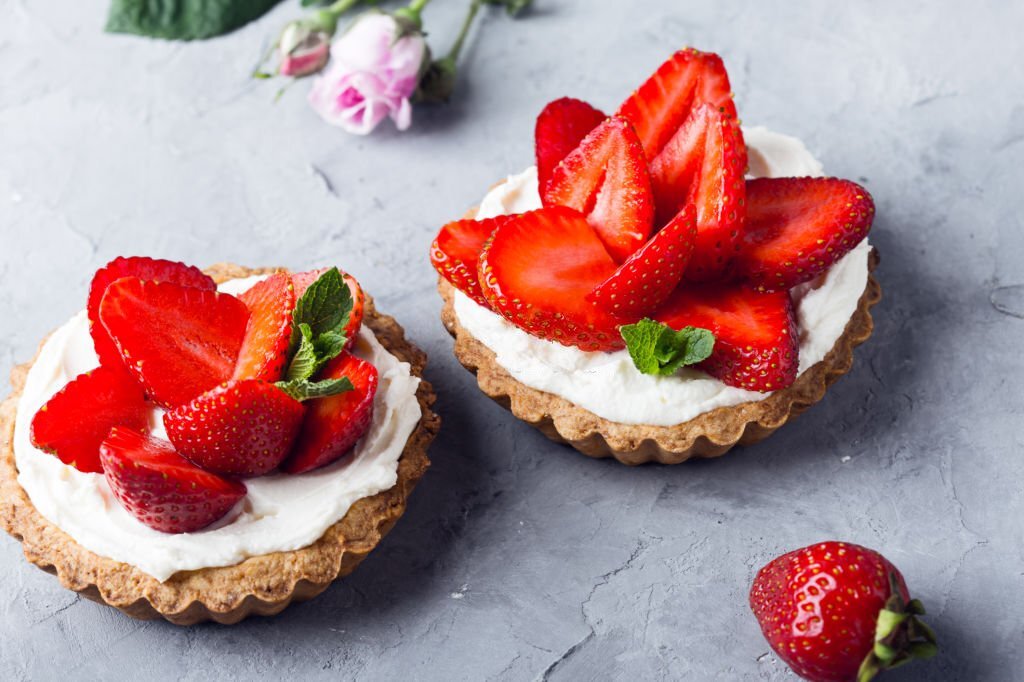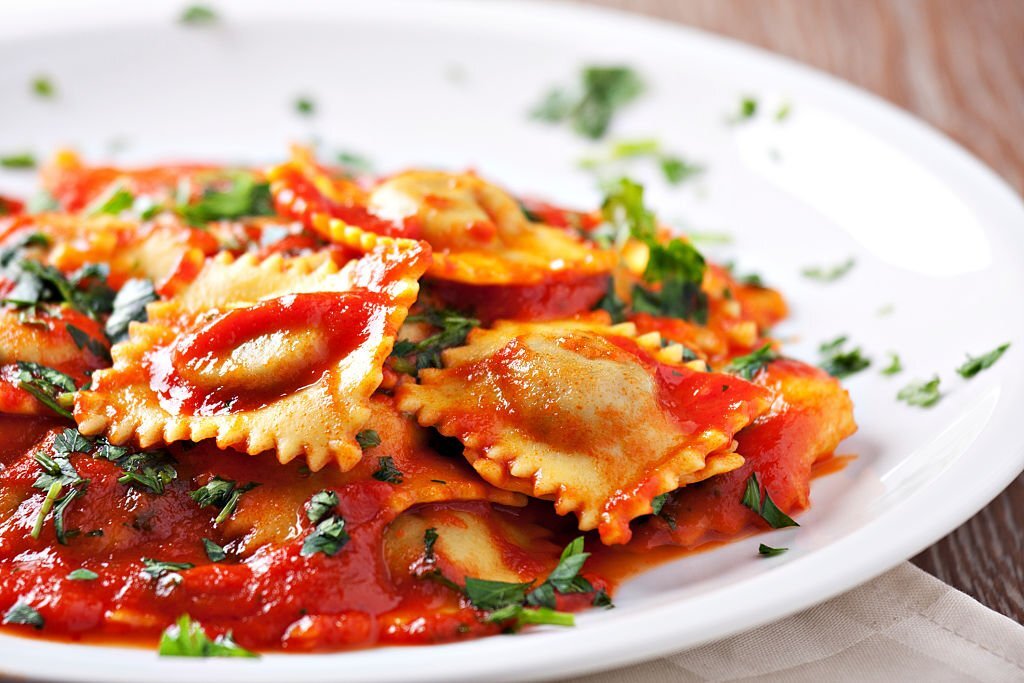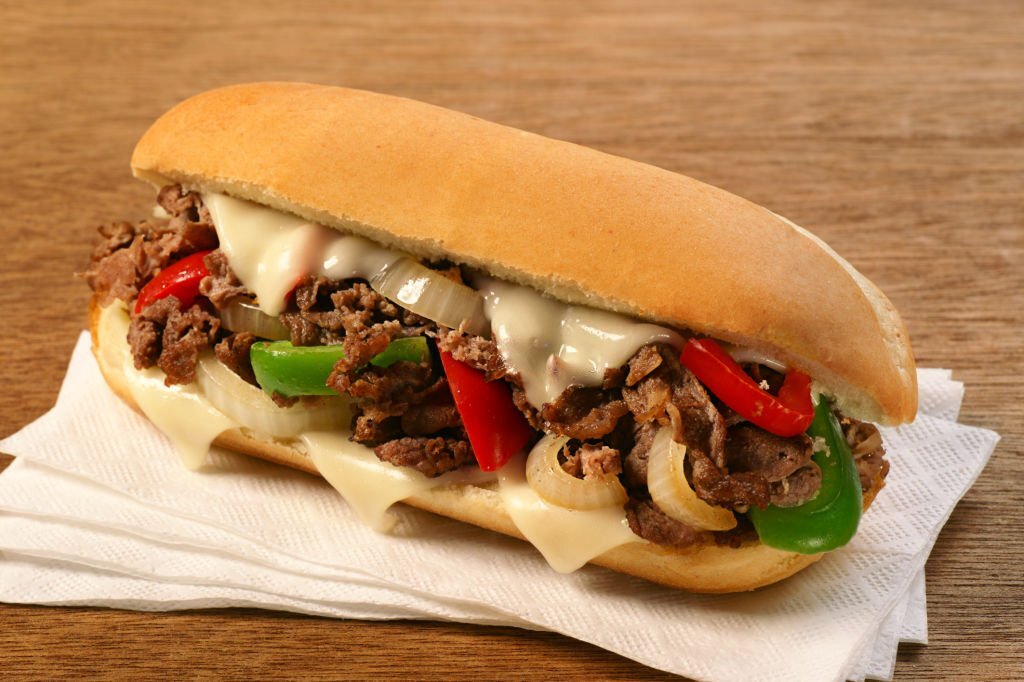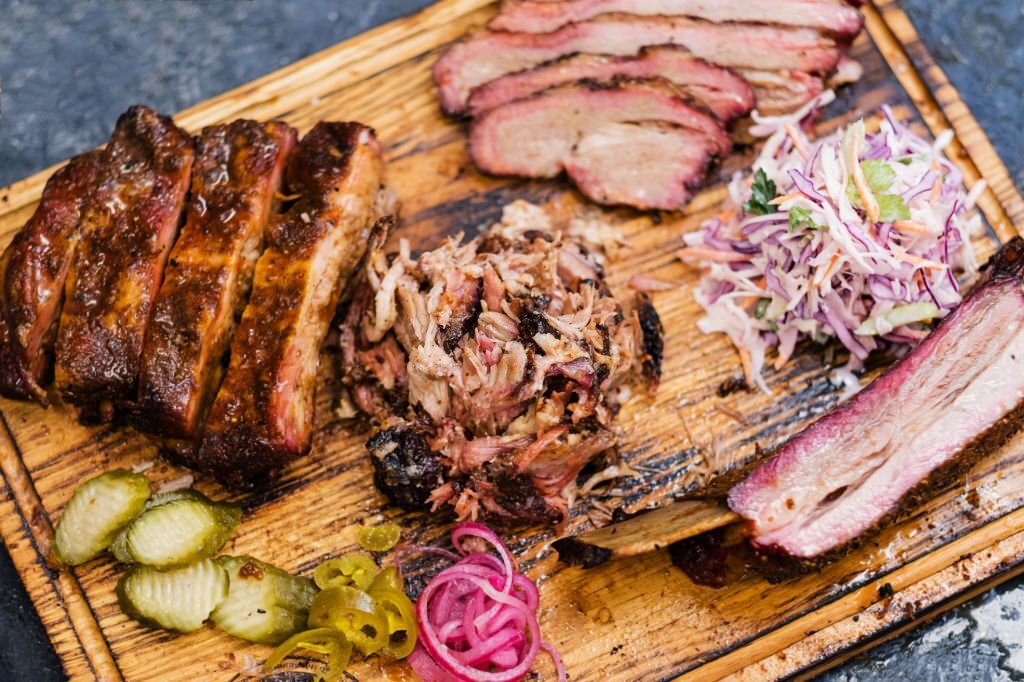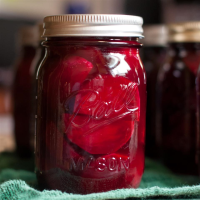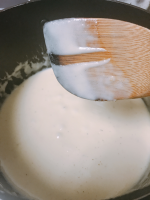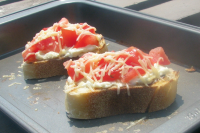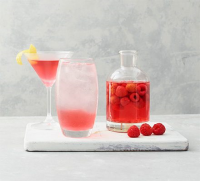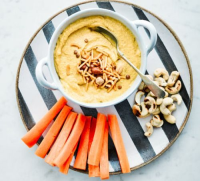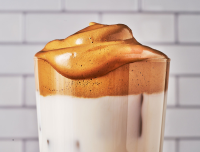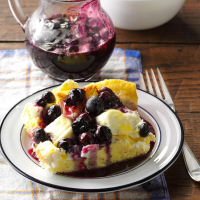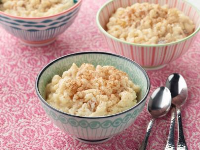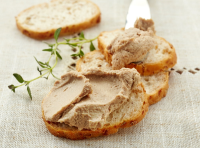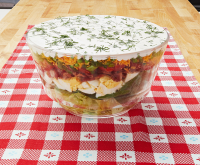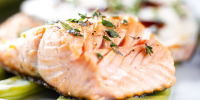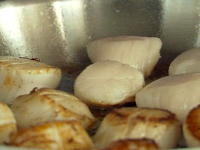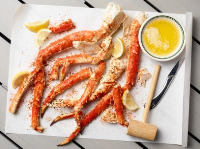More about "added sugars vs natural sugars recipes"
PROCESSED SUGARS VS. NATURAL SUGARS: WHAT’S THE DIFFERENCE ...
Added Natural Sugars . Agave Nectar. Agave nectar comes from the agave plant and contains 21 calories per teaspoon. There is a bit of controversy surrounding agave nectar because the agave plant contains inulin, a form of fiber, and other helpful nutrients. Unfortunately it was found that by the time the processing is complete the fiber and nutrients are essentially stripped 5. Agave nectar ...
From blogs.oregonstate.edu
From blogs.oregonstate.edu
See details
WHAT ARE REFINED SUGARS? NATURAL VS. REFINED SUGARS ...
2021-07-26 · Still, these "natural processed sugars" have to be refined to be added into other products, so they're not the same kind of natural sugar you'd find in, say, an apple. Tip In order to avoid this type of sugar, compare the amount of sugar between juices and watch out for anything above a certain range.
From livestrong.com
From livestrong.com
See details
NATURAL AND ADDED SUGARS: TWO SIDES OF THE SAME COIN ...
2015-10-05 · But by separating natural and added sugars, the FDA creates a false dichotomy. The benefits of fruit come from its fiber, rather than its natural sugar. The science does not support endorsing natural sugars over their added counterparts, since these sugars have similar metabolic effects. The FDA’s efforts would be better directed towards education about the negative metabolic effects of high ...
From sitn.hms.harvard.edu
From sitn.hms.harvard.edu
See details
WHAT ARE THE DIFFERENT TYPES OF SUGAR? ADDED AND NATURAL ...
Natural Sugar vs. Added Sugar. Ultimately, your body processes all sugar in the same way. Natural sugars and added sugars have the same chemical structures. Natural sugars are the sugars that are ...
From webmd.com
From webmd.com
See details
SUGAR 101 | AMERICAN HEART ASSOCIATION
2021-11-02 · Finding added sugars in food. Read the Nutrition Facts on the food label to understand how much added sugar is in a food. Total sugars include both added sugars and natural sugars. Added sugars are the ones you want to limit. Naturally occurring sugars are found in milk (lactose) and fruit (fructose). Any product that contains milk (such as ...
From heart.org
From heart.org
See details
ADDED SUGAR IN THE DIET | THE NUTRITION SOURCE | HARVARD T ...
However, this is set to change with the rollout of the updated Panel, which (by 2020 or 2021) will include a line disclosing “added sugars,” along with a corresponding 10 percent-Daily Value—representing a limit of 50 grams (roughly 12 teaspoons) of added sugar towards the daily 2,000 calories recommended for most adults. In the meantime, you’ll need to scan the ingredients list of a ...
From hsph.harvard.edu
From hsph.harvard.edu
See details
DAILY INTAKE OF SUGAR — HOW MUCH SUGAR SHOULD YOU EAT PER DAY?
2021-06-10 · Added sugars vs. natural sugars — Big difference It’s very important to make the distinction between added sugars and sugars that occur naturally in foods like fruits and vegetables.
From healthline.com
From healthline.com
See details
FRUIT SUGAR VS REFINED SUGAR: ARE THEY BOTH BAD FOR YOU?
Fleming says. “These sugars come from mainly plants but have been processed in some way to a simple, sweet form.” Refined sugar is commonly added to foods to make them taste good or to help them last longer, Fleming explains. (Just think about the chocolate bar that’s been sitting in your cupboard for months—chances are it still tastes ...
From aaptiv.com
From aaptiv.com
See details
SIMPLE VS COMPLEX CARBOHYDRATES - DIFFERENCE BETWEEN ...
2019-01-15 · Many processed foods contain added sugars but currently there is no UK law that requires manufacturers to state how much sugar has been added in processing The NHS advises adults to consume less than 70g a day of sugar for men and under 50g of sugar a day for women However, people with diabetes will benefit from better blood glucose levels if sugar intake can be limited to lower levels.
From diabetes.co.uk
From diabetes.co.uk
See details
A SWEET, SIMPLE WAY TO MAKE HOLIDAYS HEALTHIER | LIFE ...
2021-12-09 · Conversely, added sugars are added during processing and aren’t adding any nutrients to the product.” To put this in perspective, 1/4 cup of dried sweetened cranberries contains 29 grams of sugar.
From register-herald.com
From register-herald.com
See details
ALMONDMILK ORIGINAL | MILK ALTERNATIVE | ALMOND BREEZE ...
Added Sugars 7: g14%: Protein 1g Vitamin D ... Derived from limestone, calcium carbonate is a natural mineral used to fortify a product as a source of additional calcium., Sea Salt, Potassium Citrate. The potassium salt of citric acid, it is used to maintain quality. , Sunflower Lecithin. Derived from sunflower, it prevents separation., Gellan Gum. Derived from fermented starch, it is used to ...
From bluediamond.com
From bluediamond.com
See details
WHAT’S THE DIFFERENCE BETWEEN SUGAR FREE AND NO ADDED ...
2020-02-03 · One serving* contains less than 0.5 grams of sugars, both natural and added. (Also: free of sugar, sugarless, no sugar, zero sugar, or trivial source of sugar.) Reduced Sugar Has at least 25% less sugars than the regular version of the product. (Also: less sugar, low in sugar or lower sugar.) No Added Sugar
From heart.org
From heart.org
See details
THE DEFINITION OF REDUCING SUGARS | LIVESTRONG.COM
Reducing sugars can react with other parts of the food, like amino acids, to change the color or taste of the food. Video of the Day Different Types of Sugars Sugars are found naturally in all fruits, vegetables, dairy products and whole grains. These natural sugars are otherwise known as carbohydrates, an essential macronutrient. Dietary carbohydrates are categorized as monosaccharides, which ...
From livestrong.com
From livestrong.com
See details
WHAT HAPPENS TO YOUR BODY WHEN YOU CUT OUT ADDED SUGAR?
‘Natural’ vs ‘Added’ Sugars. Natural sugars are in whole foods. An apple, for example, can have around 20 grams. But it also has vitamins, minerals, and other nutrients to nourish your body.
From webmd.com
From webmd.com
See details
AMAZON.COM: HONESTLY CRANBERRY - UNSWEETENED DRIED ...
I believe they are best added to recipes to give a different dimension of flavor while also adding the health benefits of cranberries without the tremendous amount of added sugars (and oils) present in dried cranberries found in stores. I tried reduced-sugar cranberries from Ocean Spray, available at most large grocery chains, they were okay but had that notorious strange aftertaste (this ...
From amazon.com
From amazon.com
See details
CARBOHYDRATES: TYPES & HEALTH BENEFITS - CLEVELAND CLINIC
2022-01-14 · Added sugars, such as those found in sweets, canned fruit, juice and soda. Sweets include things like bakery, candy bars and ice cream. Choose fruit canned in juice over other varieties. Note that sugar-free soda is available. Your body processes all sugars the same. It can’t tell the difference between natural and added sugars. But along with energy, foods with natural sugars provide ...
From my.clevelandclinic.org
From my.clevelandclinic.org
See details
HONEY VS. SUGAR: WHICH IS BETTER? - HEALTHLINE
2021-12-16 · All added sugars are best used in moderation. If you have diabetes or heart disease or you’re concerned about managing your weight , speak with a healthcare professional or dietitian about your ...
From healthline.com
From healthline.com
See details
SIMPLY JIF® PEANUT BUTTER | JIF
Fresh-roasted peanut taste with low sodium* with 33% less total sugar** than Regular Jif Peanut Butter. *17g fat and 3.5g saturated fat per serving. **Simply Jif Peanut Butter contains 2g total sugar per serving.Regular Jif Peanut Butter contains 3g total sugar per serving.
From jif.com
From jif.com
See details
SUGAR SUBSTITUTES - HONEY EXPLAINED | BBC GOOD FOOD
It's also worth remembering that like other syrups, honey is classed as 'free' sugars – the type we are advised to cut back on. If you do prefer honey, try to choose a raw variety, which contains more vitamins, enzymes, antioxidants and nutrients than white sugar and use it in moderation. It is worth remembering, however, that any nutritional benefit from consuming honey is negligible.
From bbcgoodfood.com
From bbcgoodfood.com
See details
ARTIFICIAL SWEETENERS VS SUGAR (STEVIA, ASPARTAME & MORE ...
2020-06-12 · The World Health Organization (WHO) recommends that free sugars (known as 'added sugars' in Australia) make up less than 10% of your total energy intake. For an average adult consuming 8700kJ per day, that's about 51g, or 13 teaspoons. Children generally have lower energy requirements, so should eat less than this. Australians have trouble sticking to these recommendations. The average Aussie ...
From choice.com.au
From choice.com.au
See details





